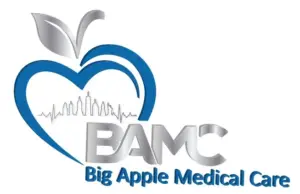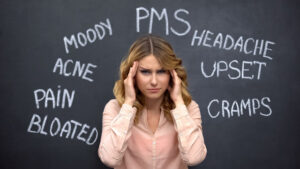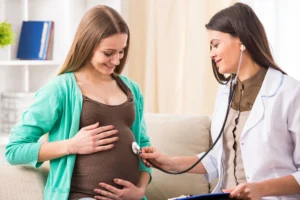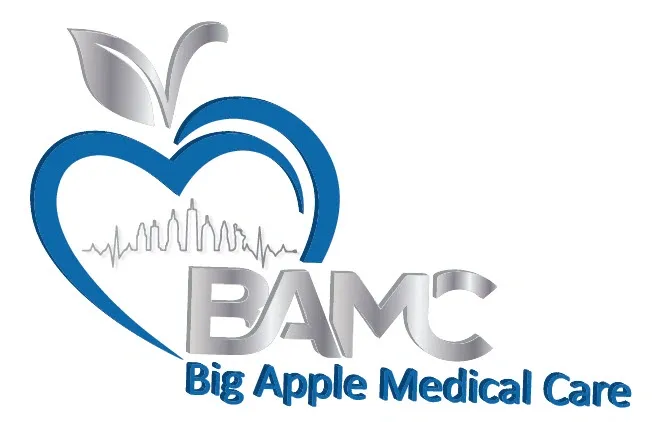What Are the Benefits of the HPV Vaccine?
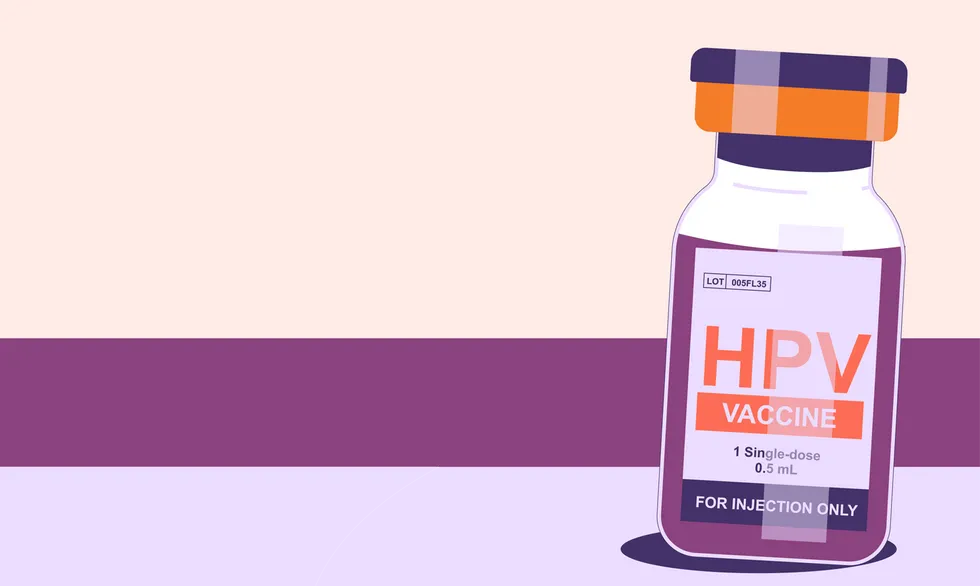
The HPV vaccine is one of the most crucial advancements in modern healthcare, especially for women’s health. It offers protection against the human papillomavirus (HPV), a common virus that can lead to various health complications. At Big Apple Medical Care, we prioritize your health and well-being by providing the most up-to-date and accurate medical care, including information about vaccines like the HPV vaccine. If you’re considering the HPV vaccine, here’s everything you need to know about its benefits.
What Is the HPV Vaccine?
The HPV vaccine is designed to protect against specific strains of the human papillomavirus, which are responsible for causing conditions such as genital warts and cervical, vaginal, and vulvar cancers. The most commonly administered HPV vaccines include Gardasil 9, which provides protection against nine significant HPV types.
How Does the HPV Vaccine Work?
The vaccine stimulates your immune system to produce antibodies against HPV. These antibodies provide a shield, ensuring that if you are exposed to the virus in the future, your body is equipped to neutralize it before it can cause harm.
Who Should Get the HPV Vaccine?
The CDC (Centers for Disease Control and Prevention) recommends the HPV vaccine for:
- Preteens aged 11-12: The vaccine is most effective when given before exposure to the virus.
- Teens and young adults aged 13-26: If they missed the vaccine earlier, they can still benefit from it.
- Some adults aged 27-45: Consult a healthcare provider to determine if vaccination is appropriate based on individual risk factors.
Benefits of the HPV Vaccine
Prevention of Cervical Cancer
The HPV vaccine is highly effective in protecting against the types of HPV that cause about 90% of cervical cancer cases. By reducing the prevalence of these high-risk strains, the vaccine helps save lives and minimizes the emotional and financial burden of cancer treatment.
Protection Against Other HPV-Related Cancers
In addition to cervical cancer, HPV can lead to:
- Vaginal and vulvar cancers in women.
- Anal and oropharyngeal cancers in both men and women.
The vaccine provides comprehensive protection against these cancers, making it an essential component of preventive healthcare.
Reduction in Genital Warts
HPV types 6 and 11 are responsible for most cases of genital warts. The HPV vaccine effectively prevents these strains, reducing the likelihood of genital wart outbreaks, which can be uncomfortable and distressing.
Long-Term Health Benefits
Studies indicate that the HPV vaccine provides long-lasting immunity, with protection extending for at least a decade and likely much longer. Regular follow-ups with healthcare providers ensure sustained protection.
Herd Immunity
Widespread vaccination contributes to herd immunity, lowering the overall prevalence of HPV in the population. This indirectly protects individuals who are not vaccinated, including those who cannot receive the vaccine for medical reasons.
Are There Any Side Effects?
The HPV vaccine is considered safe and well-tolerated. Common side effects include:
- Mild pain, redness, or swelling at the injection site.
- Low-grade fever or mild headache.
- Fatigue or dizziness.
Severe side effects are rare. If you experience any unusual symptoms, consult your healthcare provider promptly.
FAQs About the HPV Vaccine
Why is the HPV vaccine recommended for preteens?
The vaccine is most effective when administered before exposure to HPV, which often occurs during late adolescence or early adulthood.
Can adults over 26 receive the HPV vaccine?
Yes, adults aged 27-45 may benefit from the vaccine based on individual risk factors. Consult your healthcare provider to determine if it’s right for you.
Is the HPV vaccine only for women?
No, the HPV vaccine is recommended for both men and women to prevent HPV-related diseases, including genital warts and certain cancers.
How many doses of the HPV vaccine are required?
- Ages 9-14: Two doses are recommended, with the second dose given 6-12 months after the first.
- Ages 15-45: Three doses are recommended over six months.
Does the HPV vaccine eliminate the need for regular cervical screenings?
No, women should continue to undergo Pap smears and HPV testing as recommended, even if vaccinated. The vaccine does not protect against all cancer-causing HPV types.
Why Choose Big Apple Medical Care for Your Health Needs?
At Big Apple Medical Care, we provide comprehensive healthcare services tailored to your needs. Our team of experienced professionals is here to guide you through every step of your wellness journey, from routine check-ups to vaccinations like the HPV vaccine.
- Phone Number: 718-333-5120
- Address: 7322 5th Ave, Brooklyn, NY 11209
